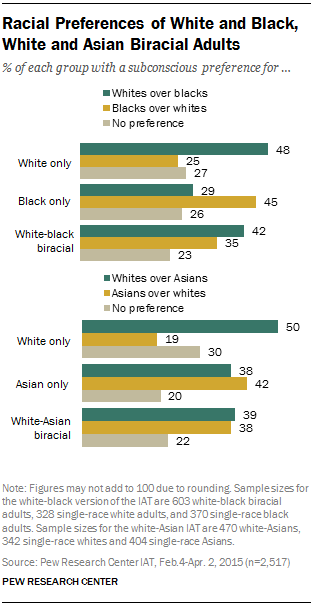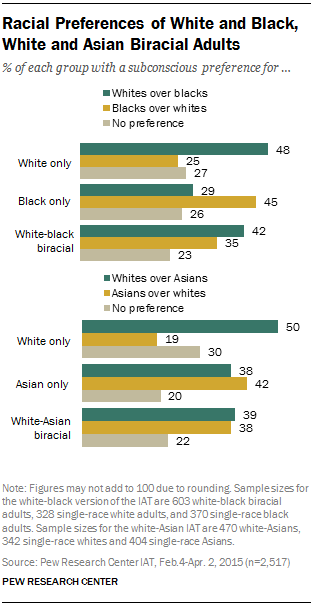Contents
- Understanding Race and Sexual Preferences
- Race and Ethnicity: A Social Construct
- Exploring Racial Diversity
- The Intersectionality of Race and Sexual Preferences
- Breaking Stereotypes: Race and Sexual Preferences
- Embracing Diversity: Supporting and Celebrating Differences
- Educating Ourselves: Resources for Understanding Diversity
- Addressing Challenges: Promoting Equality and Understanding
- Intersectional Activism: Fighting for Equal Rights
- Conclusion: Embracing Diversity and Promoting Acceptance
In the thought-provoking article “Exploring the Diversity of Races and Sexual Preferences”, we embark on an insightful journey that encourages open-mindedness and celebrates the beautiful diversity within our society. Through engaging discussions, this article aims to deepen our understanding of various races and sexual preferences, fostering a sense of acceptance and appreciation for the vast range of experiences and perspectives that exist. By embracing these topics with empathy and respect, we can create a more inclusive and harmonious world for all.
Understanding Race and Sexual Preferences
Race and sexual preferences are two important aspects of human diversity that shape our identities and experiences. In order to foster inclusivity and acceptance, it is important to understand and appreciate the complexities within these topics. This article aims to provide a comprehensive exploration of race, ethnicity, and sexual preferences, highlighting the intersectionality that exists between them.
The Concept of Race
Race is a social construct that has been used throughout history to categorize groups of people based on physical characteristics such as skin color, hair texture, and facial features. It is important to recognize that race is not a biologically defined concept but rather a social construct that varies across different cultures and societies.
Different Races and Ethnicities
There is a vast diversity of races and ethnicities in the world, ranging from Asian, African, European, Hispanic, Native American, and many more. Each race and ethnicity has its own unique cultural practices, languages, traditions, and histories. Embracing this diversity is vital in creating a more inclusive and understanding society.
Exploring Sexual Preferences
Sexual preferences refer to an individual’s sexual attraction and desires towards a particular gender or genders. It is important to understand that sexual preferences are personal and can vary greatly among individuals. Some people identify as heterosexual, being attracted to the opposite gender, while others identify as homosexual, being attracted to the same gender. There are also individuals who identify as bisexual, being attracted to both genders, and those who identify as asexual, experiencing little to no sexual attraction.
Race and Ethnicity: A Social Construct
Redefining Race
As society evolves, there is a growing recognition that race is a social construct and does not have a basis in biology. The concept of race has been used historically to justify discrimination and oppression, perpetuating harmful stereotypes. By redefining race as a fluid and socially constructed concept, we can challenge these harmful notions and promote a more inclusive understanding of human diversity.
Historical Perspectives on Race
Throughout history, race has been a significant factor in shaping socio-political structures and power dynamics. Racial hierarchies and prejudices have led to systemic inequalities, such as colonization, slavery, and segregation. Understanding the historical context of race can help us recognize and dismantle these unjust systems, promoting equality and social justice for all.
Societal Influence on Race Perception
Society plays a crucial role in shaping our perception of race. Media, education, and social interactions all influence how we view and understand different racial groups. It is important to critically analyze these influences and challenge any biases or stereotypes that may arise. By engaging in open dialogue and fostering cultural exchange, we can promote a more inclusive and accepting society.
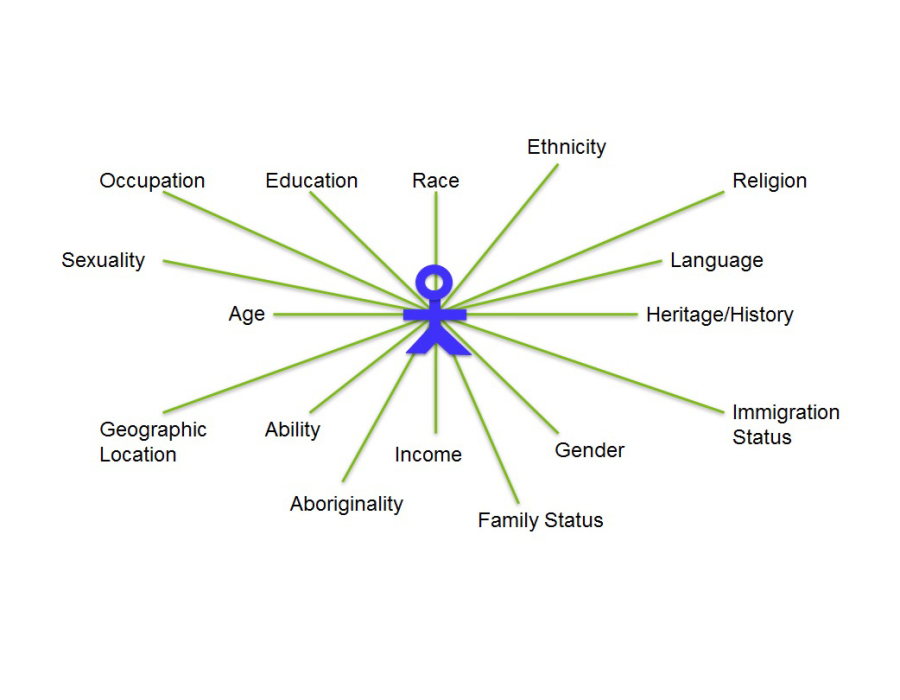
Exploring Racial Diversity
Multiracial Individuals: Identity and Challenges
Multiracial individuals, often referred to as biracial or mixed-race, have a unique experience of navigating multiple racial identities. This can lead to challenges in terms of identity formation and societal acceptance. It is important to recognize and respect the experiences of multiracial individuals, and to create inclusive spaces that honor their complex and diverse backgrounds.
Interracial Relationships: Challenges and Benefits
Interracial relationships, characterized by individuals of different racial backgrounds being romantically involved, offer an opportunity for cultural exchange and understanding. However, they can also face challenges due to societal prejudices and stereotypes. It is crucial to support and celebrate interracial relationships, as they contribute to a more inclusive and diverse society.
Cultural Appropriation and Appreciation
Cultural appropriation refers to the adoption of elements from another culture without understanding or respecting their significance. This can perpetuate stereotypes and diminish the lived experiences of marginalized communities. On the other hand, cultural appreciation involves respecting and valuing diverse cultural practices, promoting understanding and intercultural dialogue. It is important to be mindful of cultural appropriation and strive towards cultural appreciation.
The Intersectionality of Race and Sexual Preferences
Understanding Sexual Preferences
Sexual preferences encompass a wide range of identities and orientations. It is important to understand that sexual preferences are innate and not choices that individuals make. By recognizing and accepting diverse sexual preferences, we can foster an inclusive society that celebrates and supports individuals of all orientations.
Sexual Orientation and Identity
Sexual orientation refers to an individual’s enduring pattern of emotional, romantic, and/or sexual attractions to men, women, both genders, or neither gender. It is an integral aspect of a person’s identity and should be respected and acknowledged.
Race and Sexual Discrimination
Race and sexual discrimination intersect in various ways, as individuals from marginalized racial and ethnic backgrounds and those with non-normative sexual orientations often face overlapping challenges. Discrimination can take the form of prejudice, bias, exclusion, and violence. By addressing and challenging these forms of discrimination, we can work towards creating a more equitable and inclusive society.
Breaking Stereotypes: Race and Sexual Preferences
Questioning Stereotypes and Myths
Stereotypes and myths surrounding race and sexual preferences contribute to prejudice and discrimination. It is crucial to question these stereotypes and challenge the assumptions they perpetuate. By embracing individual differences and rejecting harmful generalizations, we can foster a more inclusive and accepting society.
Challenging Homophobia and Racism
Homophobia and racism are two interconnected forms of discrimination that negatively impact individuals’ lives. It is important to challenge and reject both homophobia and racism in order to create a more inclusive society. By educating ourselves and engaging in conversations that promote understanding, we can work towards dismantling these harmful beliefs.
Promoting Inclusivity and Acceptance
Promoting inclusivity and acceptance involves creating spaces and environments that value and respect individuals of all races and sexual preferences. By actively challenging discrimination, fostering open dialogue, and promoting understanding, we can build a society that celebrates diversity and encourages acceptance.
Embracing Diversity: Supporting and Celebrating Differences
Advocacy for Diversity
Advocating for diversity involves actively supporting the rights and equal opportunities of individuals from all racial backgrounds and sexual orientations. This can be done through education, policy reform, and inclusive representation. By advocating for diversity, we can work towards a more just and equitable society.
Creating Safe Spaces
Safe spaces are environments where individuals feel respected, accepted, and valued for their identities. Creating safe spaces involves actively challenging discrimination and fostering an atmosphere of inclusivity and understanding. By creating safe spaces, we can provide support and validation to individuals from marginalized communities.
Celebrating Intersectional Relationships
Intersectional relationships, where individuals come together from different racial and sexual preference backgrounds, offer an opportunity for rich cultural exchange and understanding. By celebrating and supporting intersectional relationships, we can promote inclusivity and challenge societal norms.
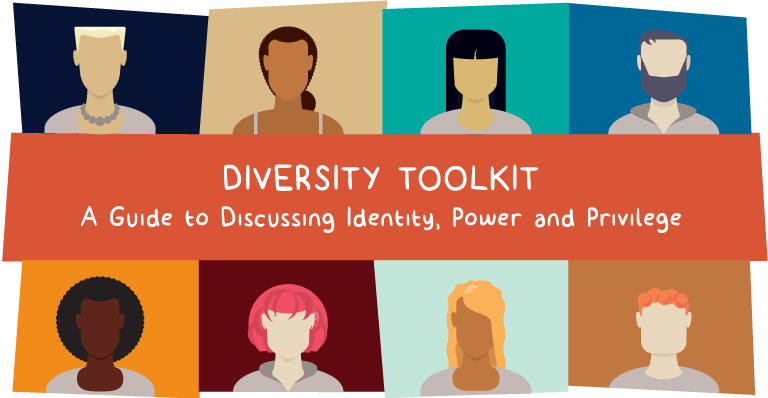
Educating Ourselves: Resources for Understanding Diversity
Books on Race and Sexual Preferences
Numerous books offer valuable insights into the topics of race, ethnicity, and sexual preferences. Some recommended titles include “The Color of Law” by Richard Rothstein, “Black Boy” by Richard Wright, “Me and White Supremacy” by Layla F. Saad, “The Joy of Gay Sex” by Charles Silverstein, and “Bi America: Myths, Truths, and Struggles of an Invisible Community” by William Burleson.
Documentaries and Films
Documentaries and films provide visual representations and narratives that can deepen our understanding of race and sexual preferences. Some recommended documentaries include “13th” by Ava DuVernay, “Moonlight” by Barry Jenkins, and “Paris is Burning” by Jennie Livingston.
Online Communities and Organizations
Online communities and organizations serve as valuable resources for connecting with others who share similar concerns and experiences. Some notable organizations include The Trevor Project, which supports LGBTQ+ youth, and Black Lives Matter, which advocates for racial justice and equality. Additionally, online platforms such as Reddit and Quora host discussion forums on various aspects of diversity.
Addressing Challenges: Promoting Equality and Understanding
Cultural Sensitivity and Respect
Cultural sensitivity involves recognizing and respecting the cultural practices, norms, and values of different racial and ethnic groups. By promoting cultural sensitivity, we can avoid perpetuating stereotypes and foster better understanding and appreciation of diverse cultures.
Promoting Consent and Boundaries
Promoting consent and boundaries is crucial in all relationships, regardless of race or sexual preferences. Respecting individuals’ autonomy and ensuring their consent is essential for creating healthy and respectful relationships. By promoting consent culture, we can combat power imbalances and promote equality and respect.
Challenging Discrimination and Stereotypes
Challenging discrimination and stereotypes involves actively confronting and addressing prejudiced attitudes and behaviors. By having open and honest conversations, educating ourselves and others, and actively challenging discriminatory practices, we can work towards a more inclusive and accepting society.
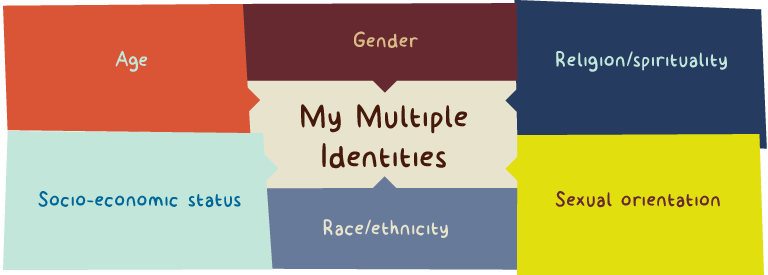
Intersectional Activism: Fighting for Equal Rights
Intersectionality in Activism
Intersectionality recognizes that individuals’ experiences of discrimination are shaped by multiple identities, such as race, gender, and sexual orientation. By adopting an intersectional approach in activism, we can ensure that the rights and concerns of all individuals are addressed and fought for.
Advocacy for LGBTQ+ Rights
Advocacy for LGBTQ+ rights involves promoting equal rights, protections, and respect for individuals of all sexual orientations and gender identities. This can be done through lobbying for policy reform, raising awareness, and supporting LGBTQ+ organizations and initiatives.
Combating Racism and Discrimination
Combating racism and discrimination requires collective action and an unwavering commitment to justice and equality. By actively challenging systemic racism, holding institutions accountable, and promoting antiracist practices, we can work towards a more equitable society for all.
Conclusion: Embracing Diversity and Promoting Acceptance
In conclusion, understanding and embracing the diversity of races and sexual preferences is crucial for fostering inclusivity and acceptance. By challenging stereotypes, advocating for equality, and creating safe spaces, we can work towards a society that celebrates individual differences and promotes a culture of respect and understanding. It is through education, empathy, and active engagement that we can collectively dismantle discrimination and create a more equitable and inclusive world for all.
